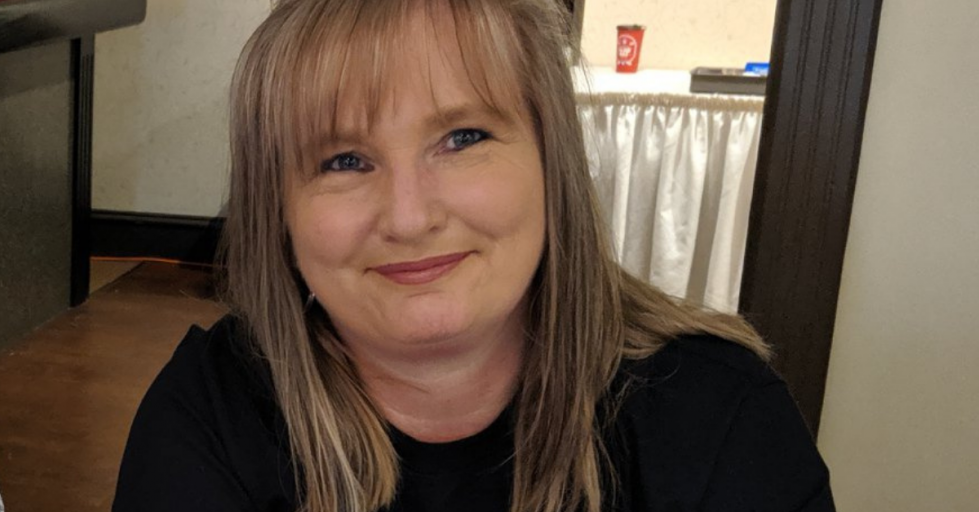The following submission was sent to Dame Moya Marguerite Greene OC, DBE, on January 12, 2021.
After the recent resignation of Newfoundland Labrador Federation of Labour (NLFL) President Mary Shortall from the Economic Recovery Team (ERT), members of CUPE Newfoundland Labrador (NL) are concerned about the substance of the report the ERT plans to submit to government. Following a year of global economic contraction unlike anything seen for decades, our communities need significant public investment to help them recover from this unprecedented event. We have an opportunity to set a new, hopeful course for the future, and we hope that the members of the Economic Recovery Team will consider policy options to pave the way.
Cuts Will Further Impede Recovery
It has become clear many members of the Premier’s Economic Recovery Team still believe cuts to public spending during times of economic stagnation or depression will stimulate development, despite years of evidence to the contrary. Even the International Monetary Fund (IMF) has acknowledged that spending cuts and reduced public and social services will result in anemic job creation, and a preponderance of low paying, precarious work.1
Whether through cuts to staffing and hours of operation, centralization of aspects of services like health care and education, or privatization of our public infrastructure, fiscal austerity is not going to help our province weather this storm. We cannot cut and slash our way to prosperity. Any contractions will have a ripple effect across the province and the region. No matter how you slice it, cuts to public services will reduce the proportion of the overall labour market which has stable, decent employment. Without a climate of decent, well-paid work, outmigration and population decline will continue, and our chances of recovery and revitalization will recede even further.
Thankfully, austerity is not the only path forward. Robust and adequately funded public services stabilize and stimulate our economy. Rather than cutting health care and education spending, we should look to make substantial public investments in the services Newfoundlanders and Labradoreans need; investments which would create thousands of decent jobs with livable wages in communities across the province.
A public-sector-led full employment strategy will stimulate our economy. A 2019 report from IRIS found that jobs in the public service help create a social context that promotes economic growth, stabilize business cycles, reduce persistent gender and wage inequity, and help to maintain a strong middle class.2 The authors also found that spending on the public service has an even greater positive impact on employment and GDP in provinces with less diversified economic activity, such as Alberta and the Atlantic Canadian provinces.3 Jobs in the public sector don’t impede economic progress: they support it and stabilize it.
Centralization of Services Threatens Rural Community Viability
CUPE NL members are particularly concerned about the possible elimination of local public services like schools and hospitals, especially for Newfoundlanders and Labradoreans who live outside of our major centres. Local education and health care facilities are community anchors, and when they are overseen and administered by people from the communities they serve, they are responsive to the needs that exist in those places. However, without that local connection, it would be difficult for front-line staff like health-care providers, teachers, and social staff to guarantee their institutions are getting the resources needed to deliver the high-quality public services Newfoundlanders and Labradoreans deserve. Which is why we must ensure that school boards and health authorities continue to be rooted in the communities they serve.
Communities who lose their major public institutions through centralization generally struggle to remain viable; long-time residents of communities that have suffered major economic decline often identify the closure of the local school as the beginning of the end; young families stop settling there, and many move away altogether. Declining populations threaten the viability of small businesses and thwart economic growth. We would be wise to remember public services are the economic engines of our smaller communities. If we don’t ensure people can get access to the services they need in smaller communities as well as larger ones, those communities and the lives of those who live in them will suffer the consequences.
P3 Infrastructure Is Not A Panacea
Finally, CUPE NL members know government has been pursuing P3 contracts to pay for much- needed infrastructure. The enthusiasm for these deals is concerning, given the many red flags uncovered by researchers. Evaluation methods for determining which approaches to use in public procurement are biased towards P3 projects, despite higher costs and inflexibility.4
Management scholars note that sharp declines in project revenues associated with pandemics put P3 projects under considerable stress, making breach of contract more likely. Force majeure clauses in P3 contracts assign risk associated with these sorts of unforeseen events to the party deemed “best able” to manage such risks. As we have seen over the course of the past year, the private sector is not equipped to bear the risks associated with major disruptions like pandemics; all costs ultimately fall to government. With this in mind, we must be especially critical of P3 proponents who insist the risk transfer supposedly offered by P3 deals is of sufficient value to justify the higher long-term costs of these deals.
In this unprecedented year, it has become clearer than ever that P3 deals do not fulfill their promises of transferring risk to the private sector. P3 contracts often include exclusions which protect the private partner from financial consequences in the event of certain force majeure events; situations in which contractual performance is deemed impossible.5 If the transfer of risk is the strongest justification for pursuing P3 arrangements and not even this aspect is guaranteed, why should Newfoundlanders and Labradoreans suffer the higher costs, lack of democratic oversight and massive transfer of public wealth that these deals represent?
Conclusion
The fiscal situation created by the COVID-19 pandemic and the catastrophic drop in global oil prices needs to be addressed through a partnership with the federal government, not through a punitive austerity program. Newfoundlanders and Labradoreans should not have to suffer years of austerity when our country has the fiscal capacity to assist us.
Respectfully submitted:
Sherry Hillier
President, CUPE Newfoundland Labrador
Mary-Dan Johnston
Research Representative, CUPE Atlantic Region
1 Georgieva, Kristalina, 2020. “The Long Ascent: Overcoming the Crisis and Building a More Resilient Economy”. International Monetary Fund. https://www.imf.org/en/News/Articles/2020/10/06/sp100620-the-long-ascent- overcoming-the-crisis-and-building-a-more-resilient-economy
2 Desrochers, Francois and Bertrand Schepper, 2020. “The Public Services: an important driver of Canada’s Economy”. Socio-economic Note, Institut de recherche et d’informations socioeconomiques. https://cdn.iris- recherche.qc.ca/uploads/publication/file/Public_Service_WEB.pdf
3 Ibid.
4 Saulnier, Christine, 2020. “Many Dangers of Public-Private Partnerships (P3s) in Newfoundland and Labrador”. Canadian Centre for Policy Alternatives. https://www.policyalternatives.ca/sites/default/files/uploads/publications/Nova%20Scotia%20Office/2020/10/Hid den%20dangers%20of%20P3s.pdf
5 Casady, Carter B. and David Baxter, 2020. “Pandemics, public-private partnerships (PPPs) and force majeure: COVID-19 expectations and implications”. Construction Management and Economics, 38 (12), 1077-1085. https://doi.org/10.1080/01446193.2020.1817516



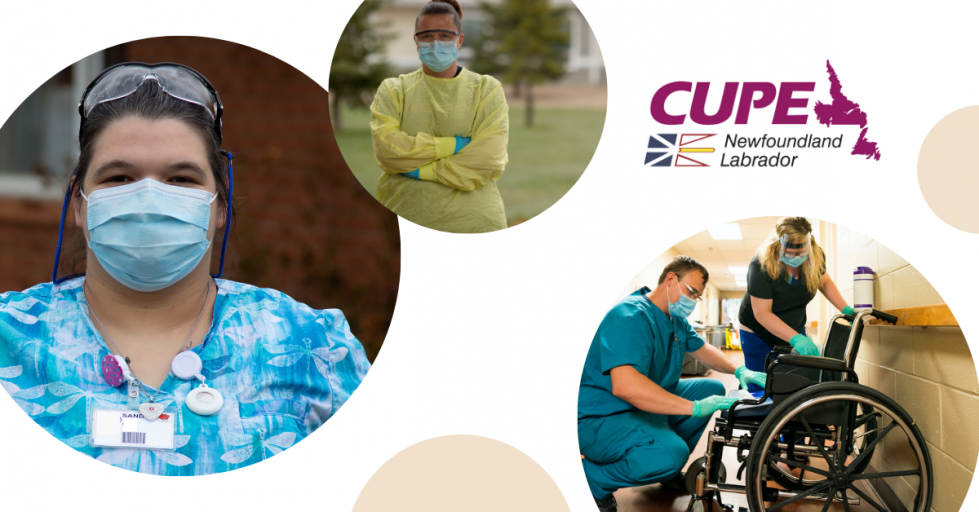
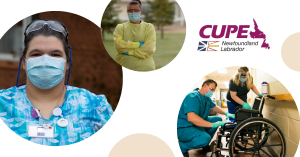
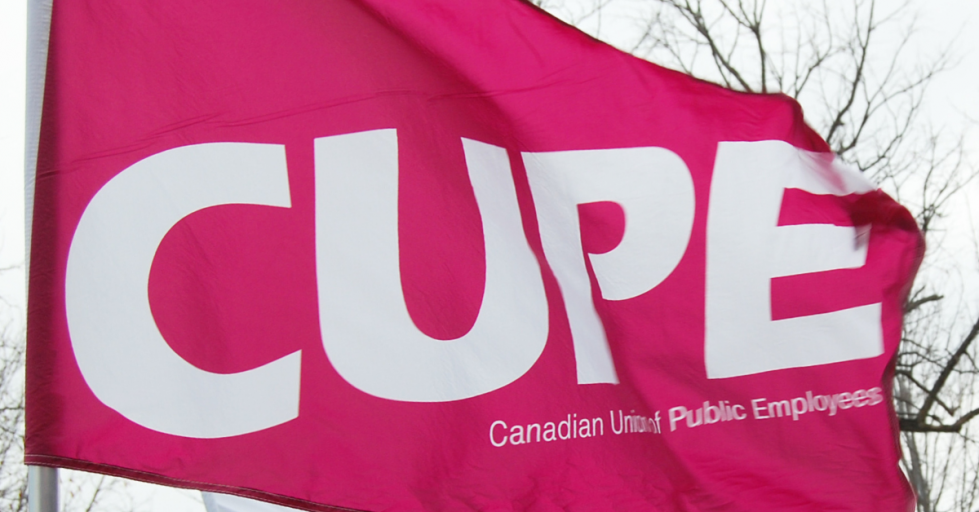
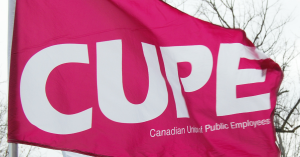
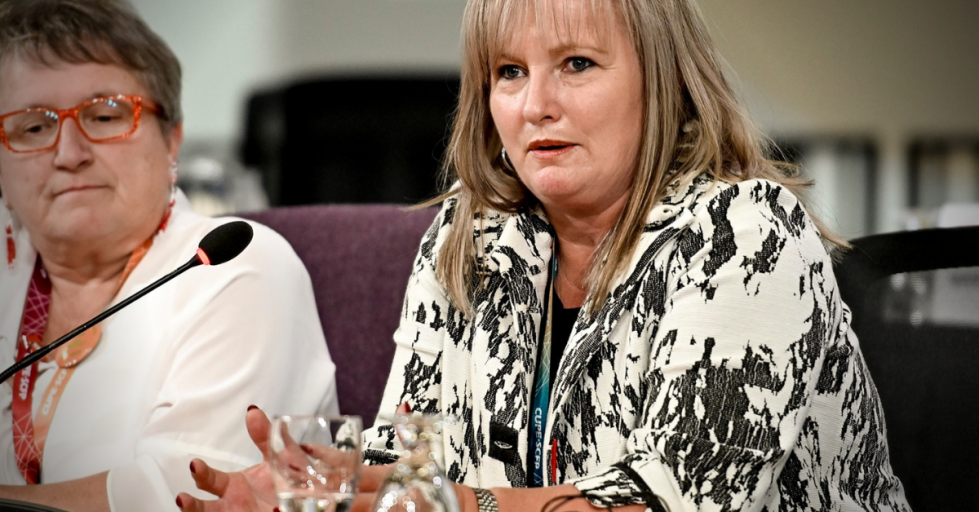
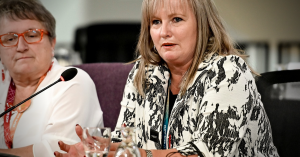 CUPE NL President Sherry Hillier says, “Discussions about the agreement began in the summer of 2020; however, we have a number of questions that require answers and there are outstanding issues to be resolved before we can sign on.”
CUPE NL President Sherry Hillier says, “Discussions about the agreement began in the summer of 2020; however, we have a number of questions that require answers and there are outstanding issues to be resolved before we can sign on.”